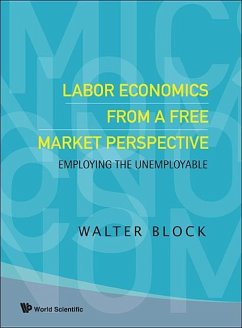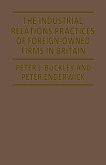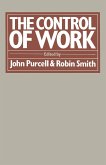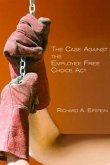Labor is the most important of the three traditional factors of production (land, labor and capital), accounting for some 75% of the GDP. It is therefore important to focus on issues of labor economics. In this book the approach taken will be that of the free market philosophy of libertarianism, the perspective that allows the maximum of freedom, consistent with the responsibility of all to respect the equal rights of all others.The position of this book on unions is unique outside of the libertarian movement, and this is indicative of its analysis of several other issues, such as minimum wages. For scholars on the left, it is almost true that unions can do no wrong (for Marxists, they do not do enough, but that is another story). Their role is to raise wages for the workingman, and this task is almost unstintingly applauded. Conservatives, on the other hand, oppose unions root and branch (except for their support of foreign wars, which is also another story). To this end they support a welter of regulations, designed to reduce their power: limitations of check offs, forced secret ballots, etc.For libertarians, the analysis depends, intimately, on whether or not these are voluntary organizations. If they are, there is no more justification for imposing secret ballots on them than to do so for the chess or garden club. If they are not, they should not be weakened by restrictions, but, rather, banned, and their leaders imprisoned.
Bitte wählen Sie Ihr Anliegen aus.
Rechnungen
Retourenschein anfordern
Bestellstatus
Storno








